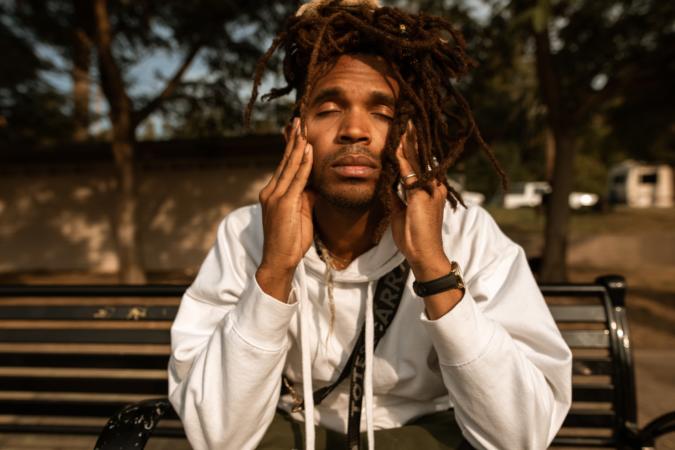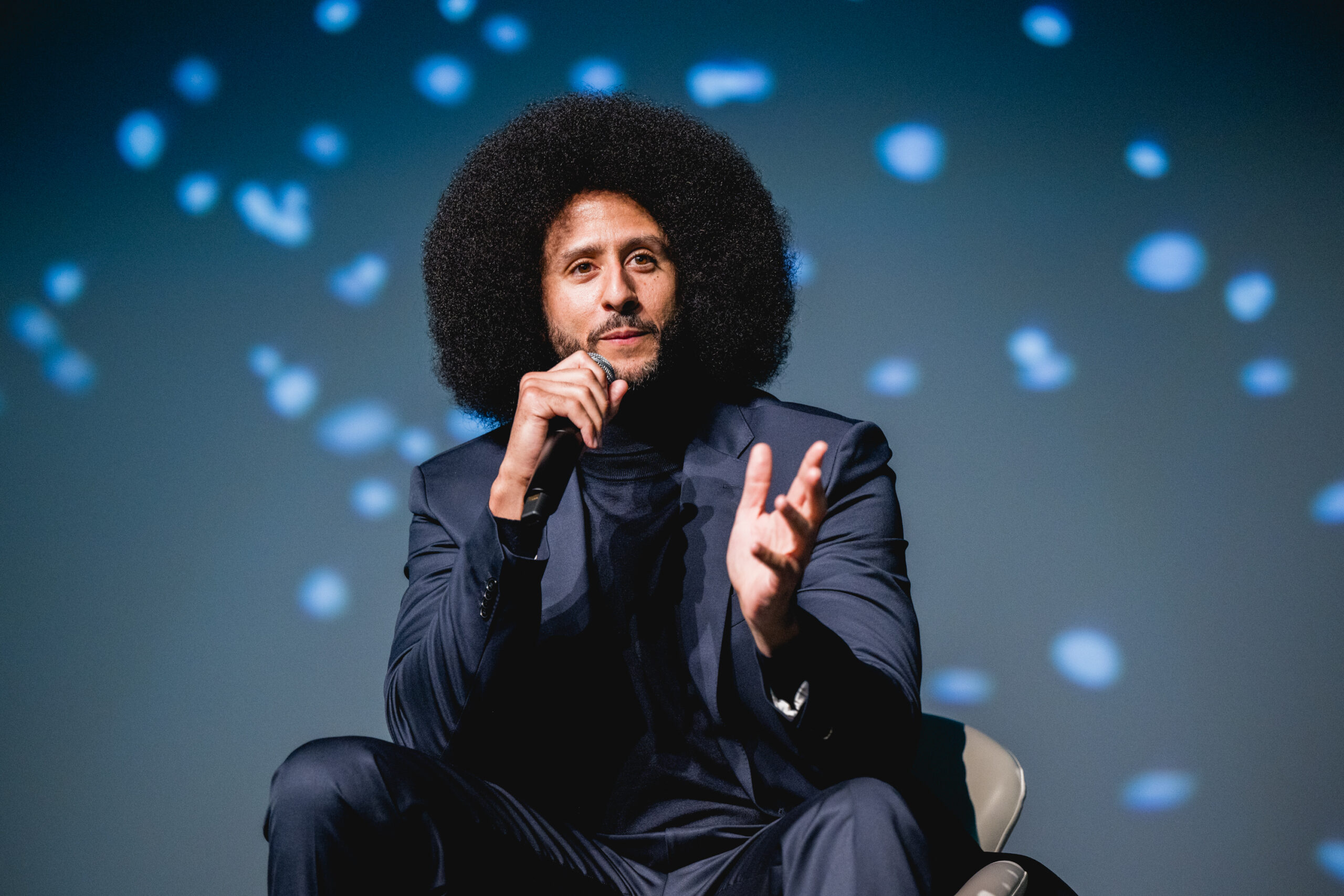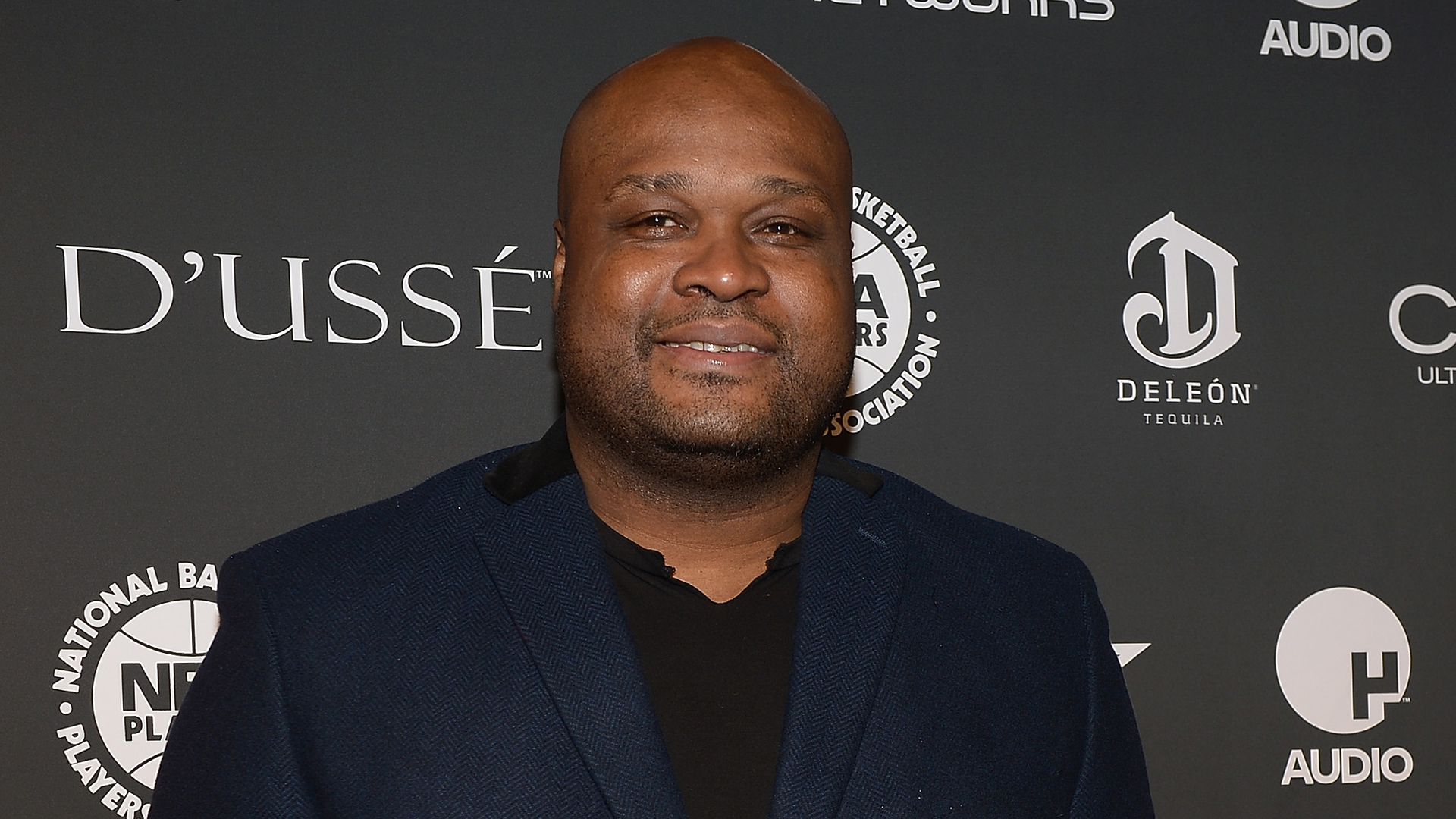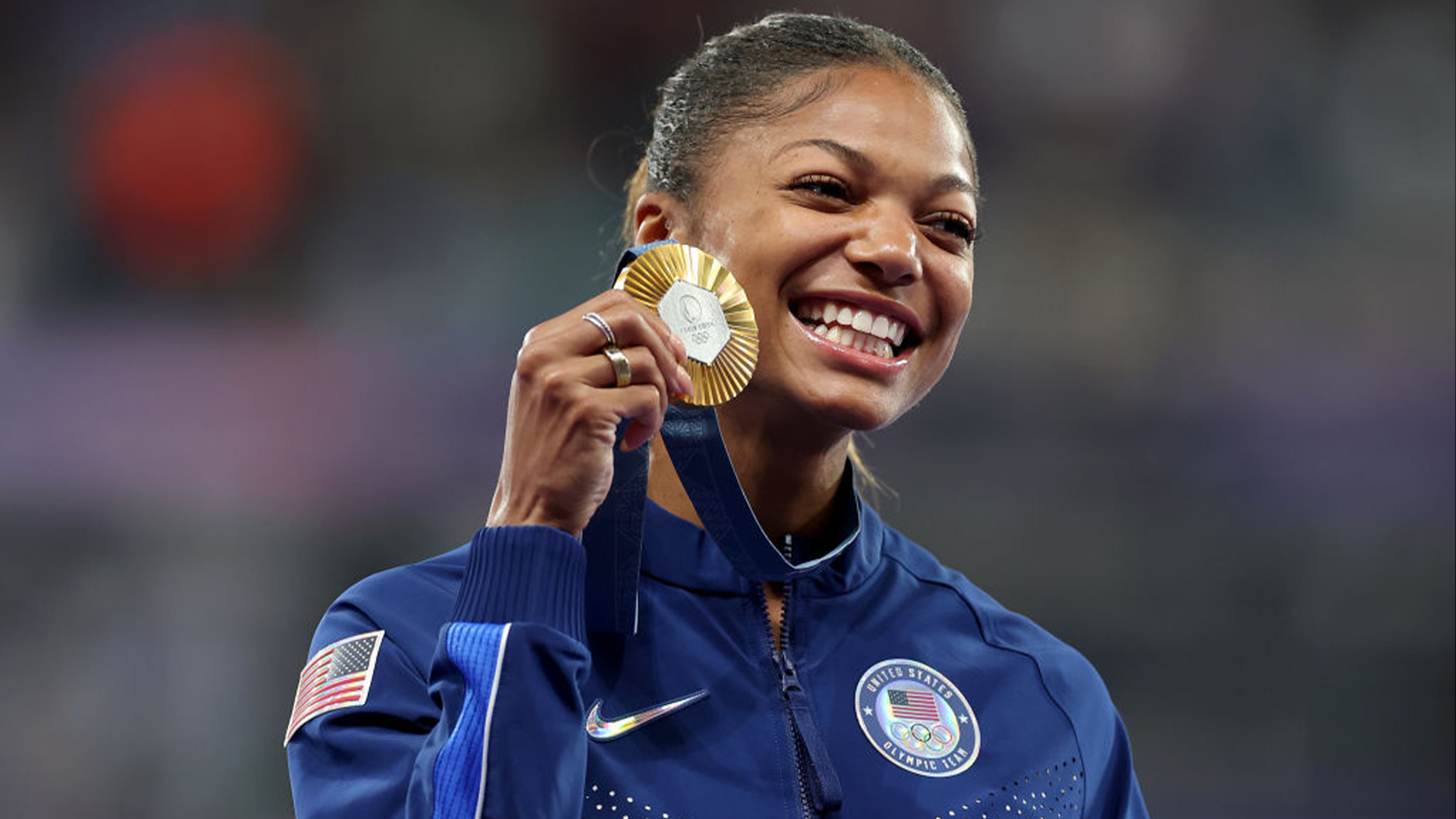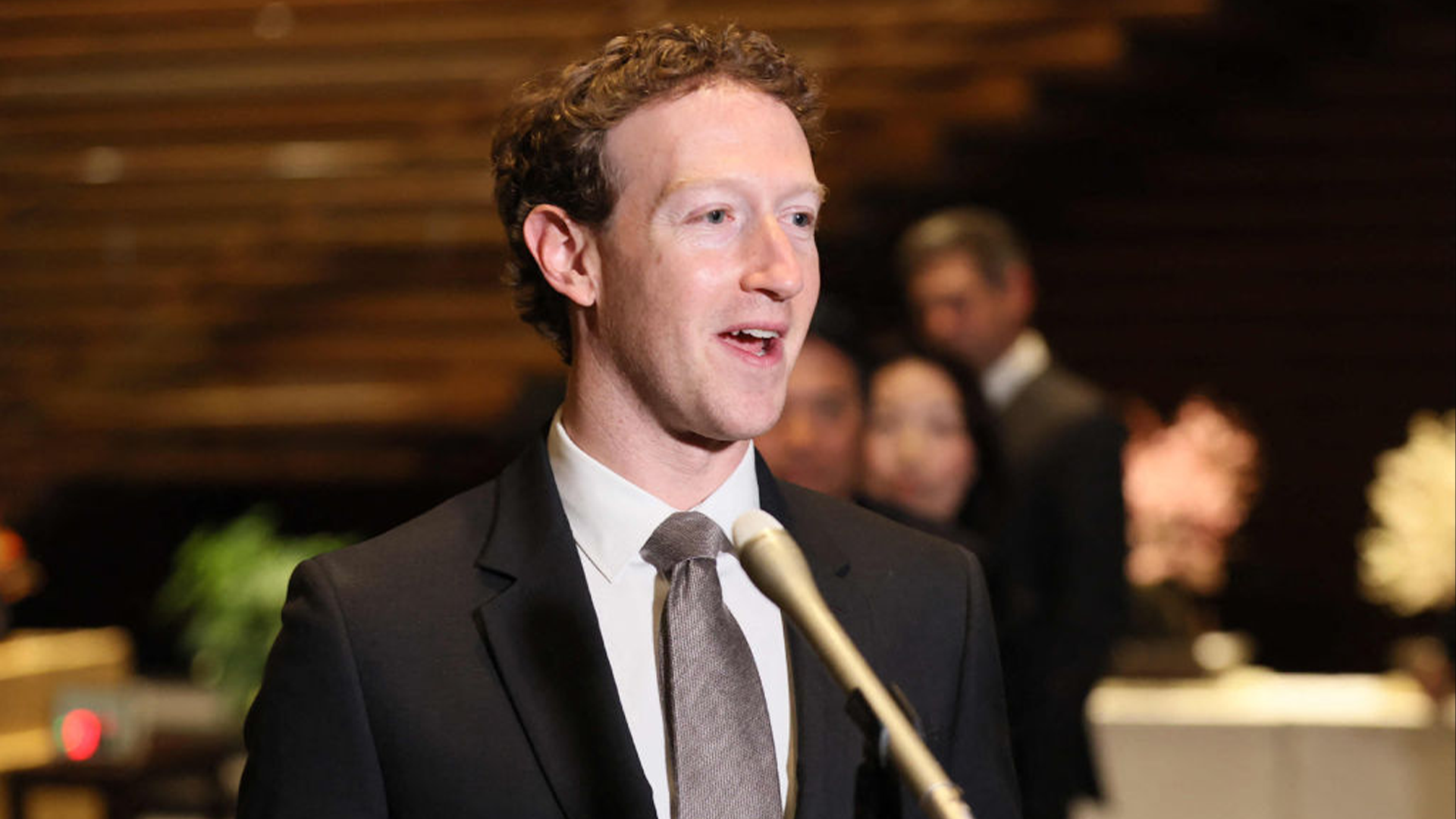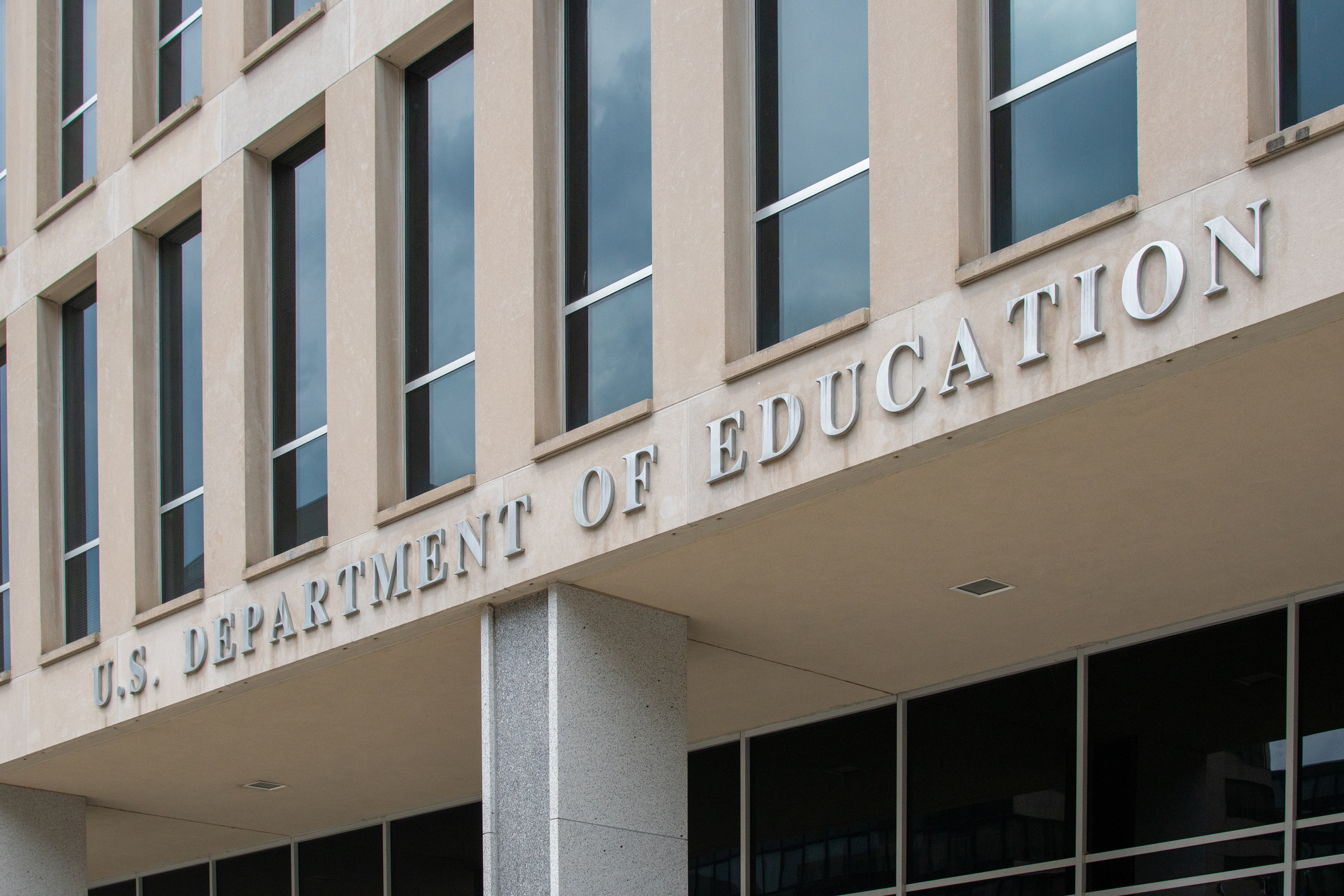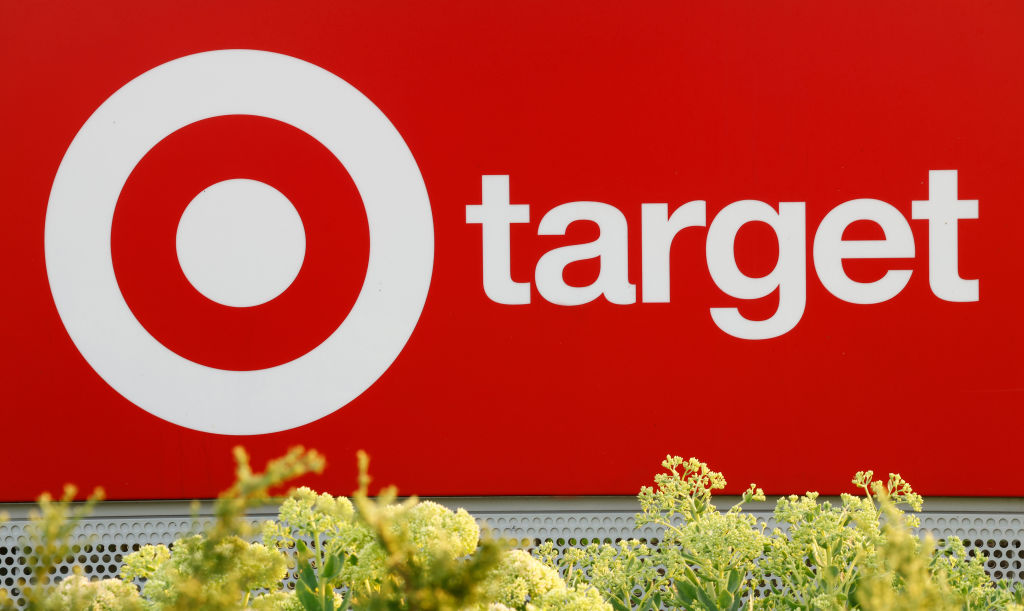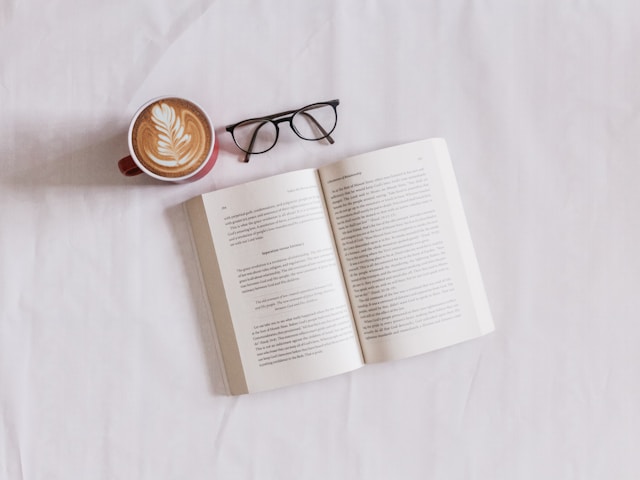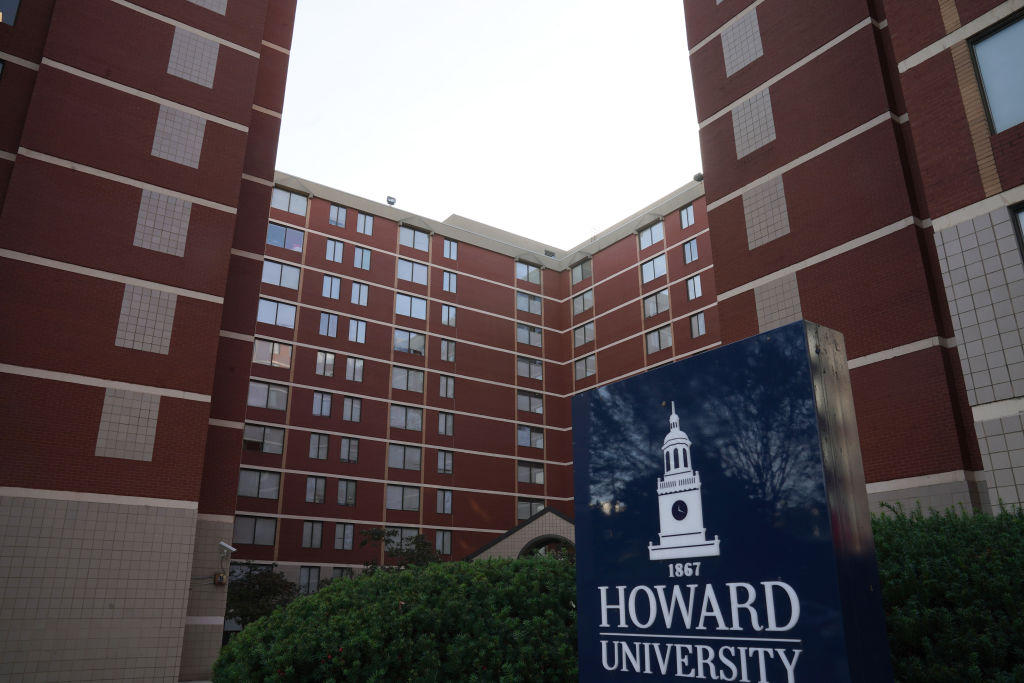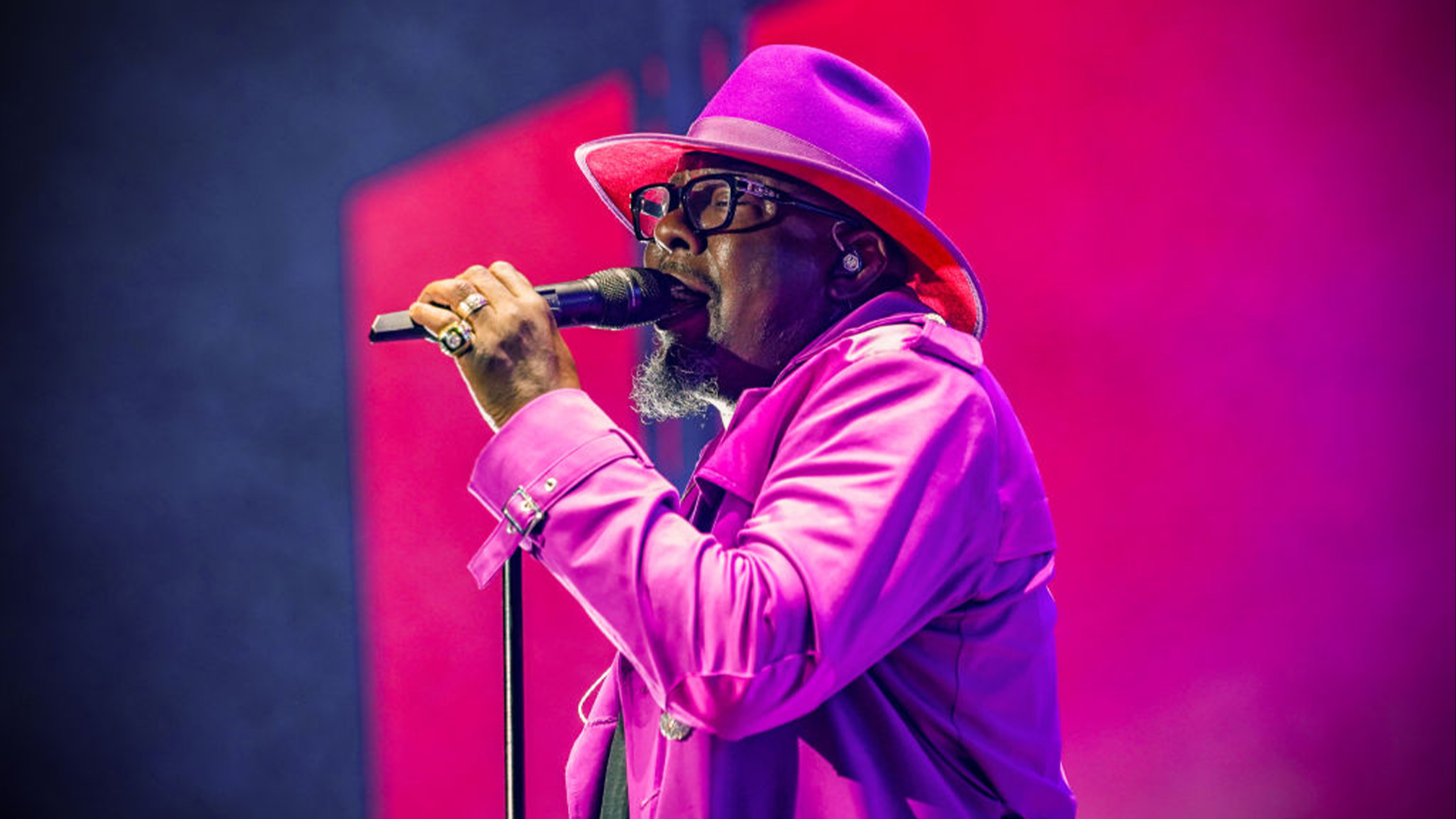When Backline & the Black Mental Health Alliance announced that they were forming a partnership, it was a foregone conclusion that they would work in tandem to change the conversation about mental health. But, they all knew that there would be a lot of different layers to work with.
“When it comes to talking about mental health in the Black community, there’s no such thing as one size fits all,” said Andrea Brown of the Black Mental Health Alliance to AfroTech. “You have to take into account many things. How does race play into it? How about the culture of the church? Your cultural background? Convincing Black people that they need to take their mental health seriously is not an easy task. But, fortunately, as mental health advocacy becomes more accepted, our jobs become a little easier.”
Since 1984, The Black Mental Health Alliance has provided trusted resources, programs, and services for Black people and vulnerable communities. While, traditionally, this has meant poor or otherwise underserved communities, the definition of vulnerability has grown, as well.
When we think, for example, about artists of all stripes — actors, dancers, musicians — we know intrinsically that there’s a level of vulnerability that is, at the very least, heightened. Because of this, artists are more vulnerable to having their mental health compromised than non-artistic types — and this vulnerability can sometimes translate into things like addiction.
But that’s where Backline — the other half of the partnership — comes in. They provide mental health and wellness programs unique to the music industry, including artists, managers, promoters, agents, labels, crew, and their family members.
“It’s almost like we expect our artists to have addictions, right?” said Hilary Gleason of Backline. “Like it’s almost a prerequisite, that addiction and artistry go hand-in-hand. And sometimes, even the artist falls into the trap of believing that if they “get clean,” their artistry will suffer. But we’re here to help dispel that myth — to let them know that that’s not the case — to help them understand that if they are, indeed, suffering from addiction, that they’re suffering from a disease and that addiction and artistry do not have to go hand-in-hand. But most of all, we’re here to let them know that we understand the unique challenges of their industry, and we guide them through the pitfalls.”
As part of their new partnership, Backline and Black Mental Health Alliance will offer non-clinical training to other organizations serving the music population, including corporations and individuals within the music industry, with the goal of generating awareness about the specific mental health challenges that exist within the music business. This will lead to acknowledgment, understanding, respect and enduring action.
These training programs are the first step in ensuring that Backline’s services are appropriate for every community that is represented in the music industry, and overtly available to all.
“Diversity is a core tenant of Backline,” said Gleason, “and the organization recognizes that mental health impacts everyone, but especially those who have faced the reality of systemic racism, prejudice, cultural invalidation, and who have been marginalized by societal norms.”
But for Brown, and the Black Mental Health Alliance, they want to go a step further. They, in fact, want to take the next step and actually change the language surrounding mental health — even within the pop culture zeitgeist.
“Think about how many times the words ‘that’s crazy’ or ‘she’s crazy’ or ‘he’s nuts’ flows off the tip of your tongue, and you don’t even think twice about it,” she said. “And that just goes to show you how we think of mental health, right? We demonize people who are ‘crazy’ and we think the littlest of things makes someone ‘crazy.’ But, you know, that sort of language is damaging. And we have to change it. I’d like to think we are at the ‘hearts and minds’ phase of mental health — we’re changing how people view it, one person at a time. But this is the most difficult part of the battle.”
Editorial note: Portions of this interview have been edited and condensed for clarity.
